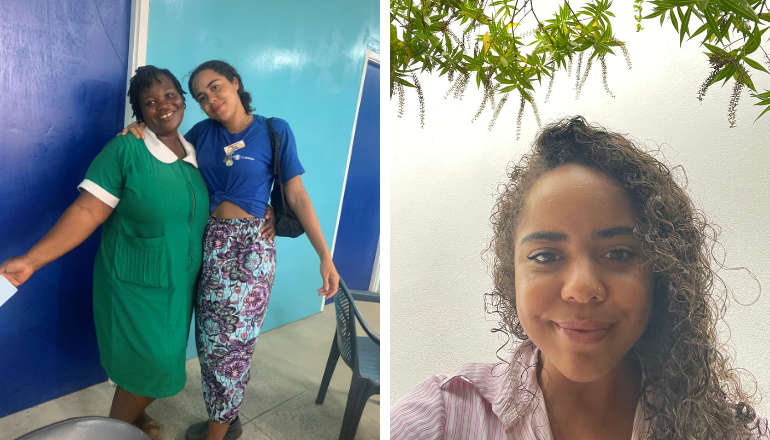
A University of Brighton student has created an innovative health app designed to improve maternal and neonatal care for black and brown people.
Ruby Jackson got the idea for the app while on an international placement trip to Ghana as part of her Midwifery degree at the University of Brighton.
Ruby’s app, called ‘Melanatal’, is an educational tool designed to equip birthing people and clinicians with better knowledge of the signs and symptoms of a range of maternal and neonatal conditions on black and brown skin including jaundice, pre-eclampsia, and mastitis.
She hopes greater understanding and awareness of the differences in clinical presentation of these conditions will help reduce race-based health inequalities.
Black and brown women in the UK are nearly four times more likely to die in pregnancy, childbirth and postpartum compared with White women, and Black babies have the highest rate of both stillbirth and neonatal death.
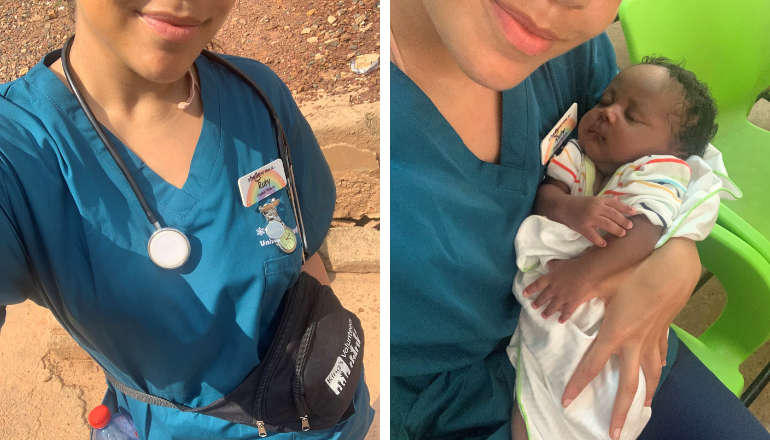
Through this innovative app, Ruby secured a place on the NHS Clinical Entrepreneur Programme which led to the opportunity to pitch her idea in a global digital health challenge delivered by Amazon Web Services (AWS) Healthcare, Cogniss and The Validitron.
In June, she was named one of two winners of the competition, earning 12-months of mentorship and business support to bring the app to life.
Ruby who is due to graduate in the winter, will be running a pilot this year with the hope of fully operationalising the app and working with NHS trusts to adopt and integrate it into their services.
Ruby said:
“It was during my placement in Ghana that I first saw how jaundice presented on a baby with dark skin, and I realised I had never seen anything like that.
"As I reflected on this as my practice, I thought of Melanatal as a means of bridging the existing knowledge gap.
“This app will help provide the much-needed information for black and brown women who are nearly four times more likely to die in pregnancy, childbirth and postpartum in comparison to White women.
"Through Melanatal, clinicians can get better knowledge to care for black babies who have the highest rate of both stillbirth and neonatal death.”
Before getting on the midwifery programme at University of Brighton, Ruby had worked in health and social care sector, caring for people receiving palliative treatment.

 Falling Starling Numbers Concern For Brighton And Hove In Second Year Of Weedkiller
Falling Starling Numbers Concern For Brighton And Hove In Second Year Of Weedkiller
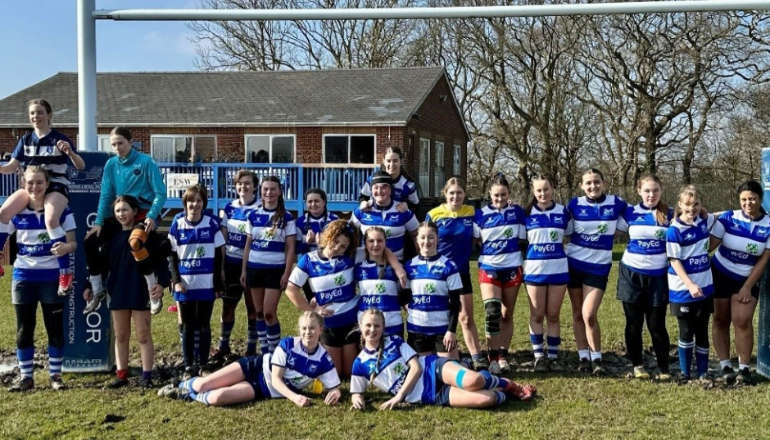 Girls’ Take Over Day At Hastings And Bexhill RFC
Girls’ Take Over Day At Hastings And Bexhill RFC
 Significant Sentences For Prolific Sussex Shoplifters
Significant Sentences For Prolific Sussex Shoplifters
 West Sussex County Council Backs National Campaign To Tackle Food Waste
West Sussex County Council Backs National Campaign To Tackle Food Waste
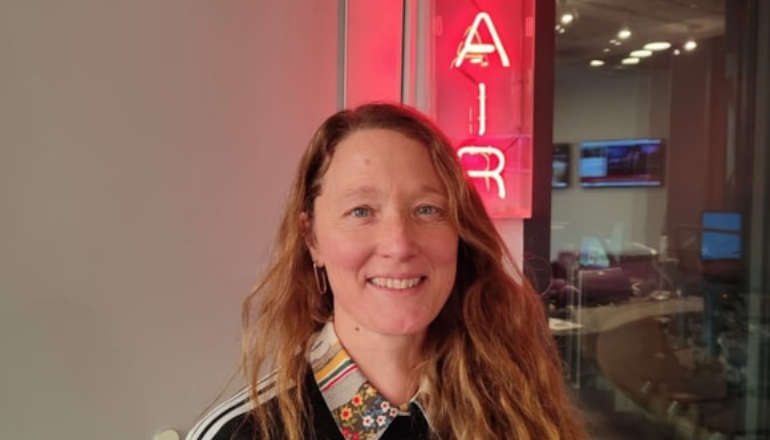 Brighton Academic Launches City’s First Dedicated Queer Therapy Hub
Brighton Academic Launches City’s First Dedicated Queer Therapy Hub
 Fantastic News For Pet Lovers In Horsham District
Fantastic News For Pet Lovers In Horsham District
 Renewed Appeal After Sexual Assault In Hastings Town Centre
Renewed Appeal After Sexual Assault In Hastings Town Centre
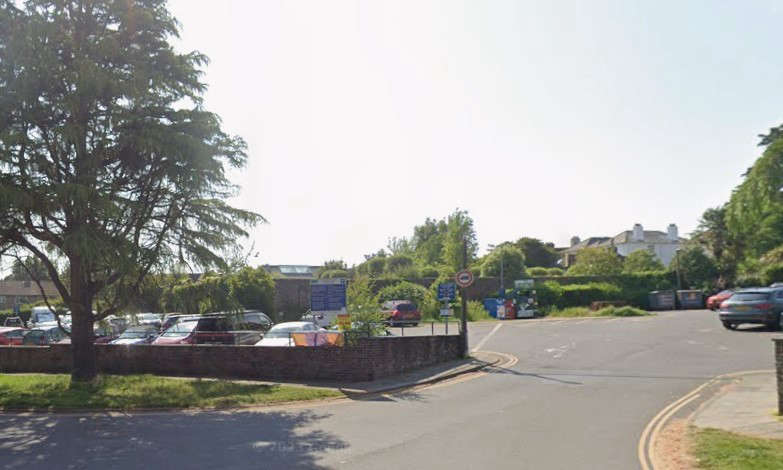 Sussex Towns Could Be Hit With New Car Parking Charges
Sussex Towns Could Be Hit With New Car Parking Charges
 Nationwide Customers To Get £50 Each Following Virgin Deal
Nationwide Customers To Get £50 Each Following Virgin Deal
 Disqualified Motorcycle Rider Sentenced Over Fatal Collision
Disqualified Motorcycle Rider Sentenced Over Fatal Collision
Comments
Add a comment